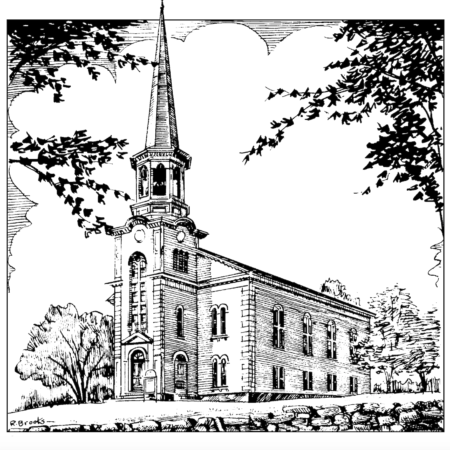Imitation and Resistance
Matthew 21: 1-11
21When they had come near Jerusalem and had reached Bethphage, at the Mount of Olives, Jesus sent two disciples, 2saying to them, “Go into the village ahead of you, and immediately you will find a donkey tied, and a colt with her; untie them and bring them to me. 3If anyone says anything to you, just say this, ‘The Lord needs them.’ And he will send them immediately.” 4This took place to fulfill what had been spoken through the prophet, saying, 5“Tell the daughter of Zion, Look, your king is coming to you, humble, and mounted on a donkey, and on a colt, the foal of a donkey.” 6The disciples went and did as Jesus had directed them; 7they brought the donkey and the colt, and put their cloaks on them, and he sat on them. 8A very large crowd spread their cloaks on the road, and others cut branches from the trees and spread them on the road. 9The crowds that went ahead of him and that followed were shouting, “Hosanna to the Son of David! Blessed is the one who comes in the name of the Lord! Hosanna in the highest heaven!” 10When he entered Jerusalem, the whole city was in turmoil, asking, “Who is this?” 11The crowds were saying, “This is the prophet Jesus from Nazareth in Galilee.”
Historical Context
By ancient standards Jerusalem was a significant but not massive city, with a residential population of about 25,000. The Romans preferred to keep it lightly garrisoned, leaving local affairs to the Temple authorities. Only during the major festivals did the Romans perceive a need for additional security, especially so for Passover, which had political undertones. Passover, after all, celebrates Israel’s deliverance from captivity, and occasional outbreaks of sedition attended the season. Thus, the Passover season brought crowded and somewhat tense conditions to the city
Theme: Imitation and Resistance
Ancient literature narrates numerous scenes whereby ruling elite figures—emperors, governors, kings, military generals—ceremonially enter a city. This entry ritual comprised: a previous military victory; honoring an elevated figure; crowds who welcome and acclaim the figure’s greatness; a religious ceremony; and a speech of welcome.
This ritual displayed central Roman values: imperial greatness; supremacy over enemies; military domination and conquest; “power over” as the basis of societal interactions; courage in battle; violence, submission, enslavement, and subjugation of the enemy.
Jesus’ entry imitates this elite practice. A crowd hails him as king. They spread cloaks on the ground and wave branches. They chant Psalm 118:25 which praises God for victory over the nations. He goes to the temple (Matthew 21:8-11).
Yet there are significant differences. Jesus rides not a war horse but an everyday beast of burden. Crowds of common folks welcome him. There are no speeches of welcome from elite leaders. He is not an elite figure. He is not authorized by the dominant ruling power. He represents God’s purposes, not Rome’s.
However, imitation coexists with resistance. Jesus anticipates future greatness in signifying God’s dominating, coming rule that will end Rome’s empire. The divine purposes are imperial.


0 Comments